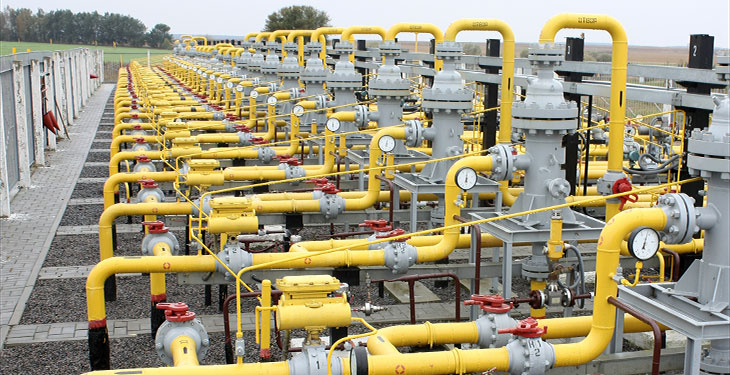Bogdan Tudorache
The European Union will take into account the specific energy of each country, and Romania will have the freedom to choose how it will reach environmental targets by 2030, says the Minister of Economy, Energy and Business Environment, Virgil Popescu, confirming the previously published information by energynomics.ro, according to which Brussels will accept gas as a transition solution for Romania.
“The European Council reached an agreement on reducing carbon dioxide emissions by at least 55% by 2030. Romanian President Klaus Iohannis announced that Romania has ensured that its interests are covered, including by maintaining the decision on the national energy mix and the use of gas as a transition element. Another important aspect is that the European Union will take into account the energy specifics of each country, and Romania will have the freedom to choose how it will achieve these environmental targets,” Popescu said, according to Agerpres.
Earlier, Niculae Havrileț, Secretary of State at the Ministry of Economy, told Energynomics that talks with Brussels were positive, and the EU executive understood that Romania had its own gas and could enjoy special treatment.
“In the case of Romania, they said it was a special case, because we have our gas. We can support the gas, but it should be included in some economically sustainable projects for a longer period of time – that is, if we keep doing it, let’s do something good,” said Havrileț.
“Let’s keep in mind that in a short time – 10-15 years is a short period of time – the gas will be replaced, and then everything we do must be high-performance investments based on gas. It should last about 30 years. They (EC) said that yes, we can, we have this opportunity, we have to use it, but to consider viable long-term projects, when we use gas,” he added.
However, will funding continue, in the context in which many international financial institutions no longer want to finance hydrocarbon projects?
“It will be financed, I think that in our case they will give us (financing), others would not obtain it, that want to import gas from Russia. They issued a statement (EC) that decarbonisation can also be done using gas as a transition fuel, but with great care, and to ensure that the technologies we propose are state-of-the-art, cost-effective, and so on – and from the point of view of the environmental opinion, to respect the DNH procedure (does not harm), to have not a very negative impact on the environment. It is a discussion at the EC to use gas carefully and not just depend on it. But I say let’s move on to renewables… Subsidies will also be given (for renewables). Let’s see how hard the renewables will enter the market,” Havrileț added.
On Friday, the European Council, which brings together the EU’s 27 national leaders, adopted a new greenhouse gas reduction target for 2030: -55% from 1990 levels, up from the previous target of -40%.
In their conclusions, the leaders reaffirmed that it will be up to each member state “to decide on their energy mix and to choose the most appropriate technologies to achieve collectively the 2030 climate target, including transitional technologies such as gas.”
